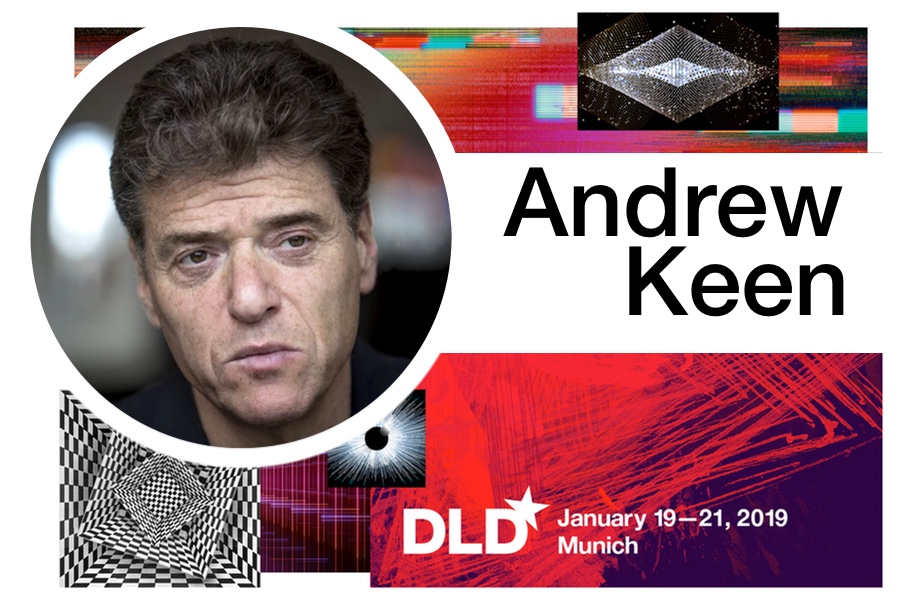Andrew Keen is a writer, speaker and entrepreneur. In his latest book, How To Fix The Future, he analyzes the intricate interplay between technology, society and democracy. For this essay, we asked him to take a fresh look at the issues that need to be resolved for the networked world to thrive in 2019 and beyond.
They say that the darkest hour is just before the dawn. And that’s exactly where we are today with the great digital transformation. In early 2019, the problems triggered by the digital revolution might appear daunting in the face of trillion-dollar Silicon Valley based multinationals, chillingly smart technology that threatens to know us better than we know ourselves, and the seemingly ubiquitous fake news and other social media vitriol spewing out of our smartphones. But, as a species, we’ve been here before – at the birth of the great industrial transformation of the 19th century, for example – and we’ve been able to shape equally powerful technological disruptions to our human needs.
At DLD 2019, Andrew Keen asked author and strategy advisor Parag Khanna why he believes we’re seeing the beginning of an “Asian Century”
It won’t, however, be easy. As I argue in my 2018 book, How to Fix the Future, there is no technology, and certainly no smart app, that can automatically solve all the problems of the digital revolution. No, don’t trust naïve technophiles who promise that blockchain, virtual reality, Internet 3.0 or some other shiny new new Silicon Valley thing can make the world right. Instead, we need to summon our courage in the face of this change in order to demonstrate that agency – our most human quality – to shape the future before it shapes us. I dub this “More’s Law” – in homage to the English writer and politician, Thomas More, who in his timeless 1516 classic, Utopia, argues that our primary responsibility as human beings is to make the world a better place.
Think of agency as the unique human code – a kind of operating system, if you like – to fix the future. But this code requires a set of tools to work. In How To Fix The Future, I lay out five tools critical to addressing the inequities of the digital revolution: regulation, innovation, consumer power, citizen engagement and education.
The good news is that all these tools are already being used to solve the most serious problems of the digital age. In Europe, for example, regulators are forcing the Silicon Valley behemoths to pay their taxes, behave more transparently and with more accountability. One example is the General Data Protection Regulation (GDPR), an EU set of rules designed to empower consumers with ownership of their own online data. Another is the EU’s aggressive anti-trust investigation into Google which has already generated several billion dollars in fines. A third is legislation in Germany which forces social media platforms like Facebook or Twitter to be legally accountable for the trash that is published on their networks.
You are currently viewing a placeholder content from Default. To access the actual content, click the button below. Please note that doing so will share data with third-party providers.
More InformationListen to Andrew’s podcast Keen on Democracy to dive more deeply into topics like data privacy and democracy in the age of bots, artificial intelligence and social media. See all episodes here.
What unites Waldorf teachers and EU regulators and all the other concerned citizens around the world is their bravery in confronting the powers-that-be of our digital age. More’s Law says that we have a responsibility to leave the world a better place for future generations. But that requires agency. And agency doesn’t come naturally to many of us. It requires risk. It means gambling with our time and beliefs. It involves confronting dominant ideas, companies and technologies.
“Move fast and break things” was the now disgraced mantra of Mark Zuckerberg at Facebook. The real challenge, however, the human challenge, requires us to move fast and fix things. That involves real courage. And courage can’t be transformed into an algorithm. But it’s there in all of us. And that, ultimately, is why I’m optimistic about our future in the 21st century.
